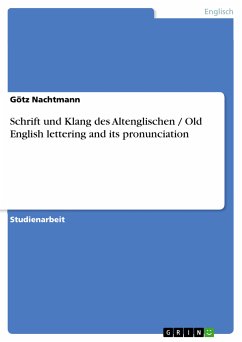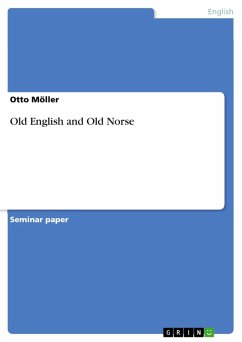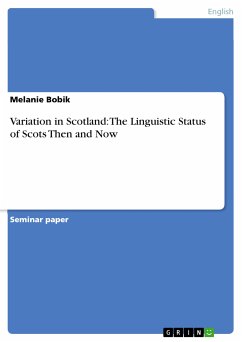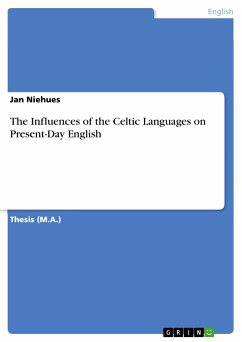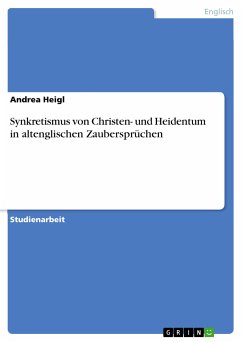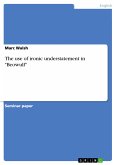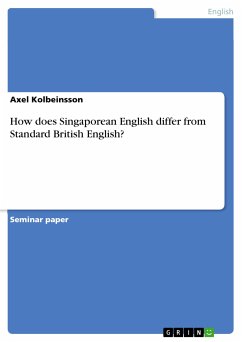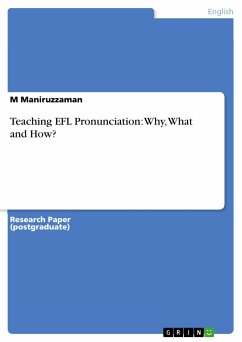Studienarbeit aus dem Jahr 2001 im Fachbereich Anglistik - Linguistik, Note: 1,0, Universität Koblenz-Landau (Anglistik), Veranstaltung: Seminar: Laut- und Formenlehre des Altenglischen (Sprachwiss.), Sprache: Deutsch, Abstract: 1. How and why we dare to guess how extinct languages sounded(1) During the studies of extinct languages such as Latin and old English, the question about the language itself is asked far too seldom. Too many students see these languages as mere conglomerations of grammar, forgetting that even today they are full of life and tell us about their former native speakers and culture. Losing the contact to language as sign of life and culture, however, often makes us forget that language means mainly spoken language which linguistics is generally supposed to deal with. This leads to the question on the methods of finding out how people spoke in former times. The most popular methods are listed below as quoted from Clark.2 [...] _____ 1 Die einleitenden Sätze waren in der Präsentation noch nicht konzipiert und wurden erst im September 2001 der Ausarbeitung hinzugefügt. 2 Zu den aufgelisteten Punkten vgl. Clark

